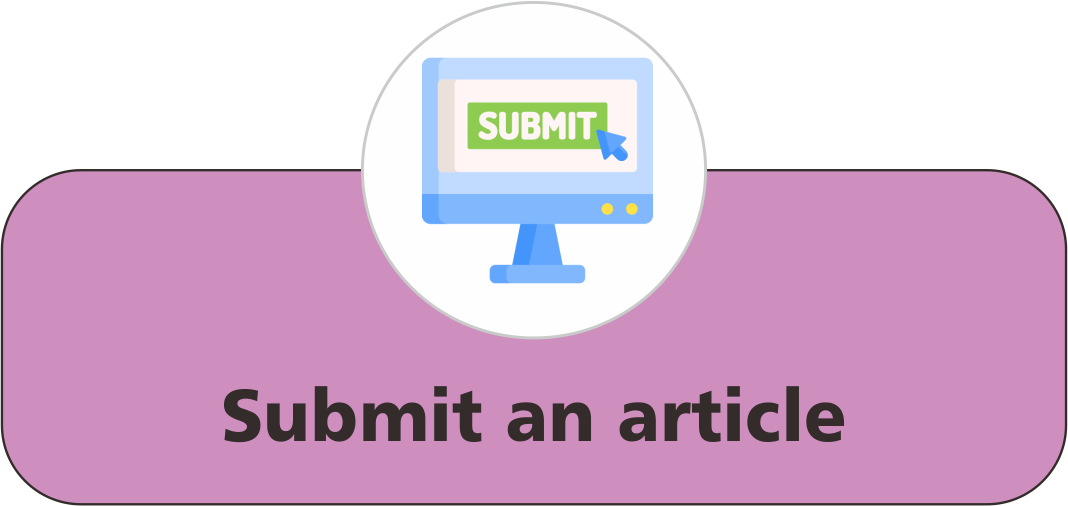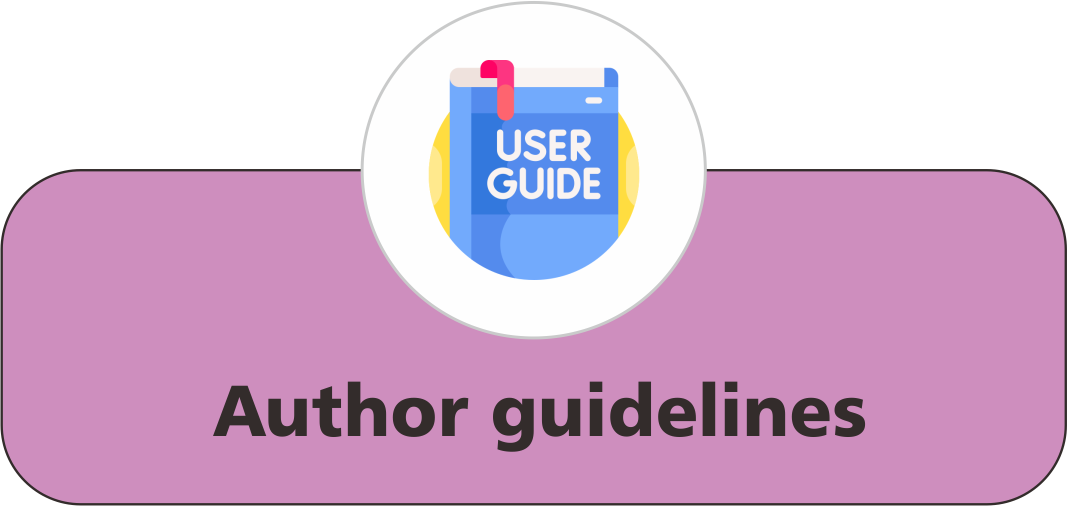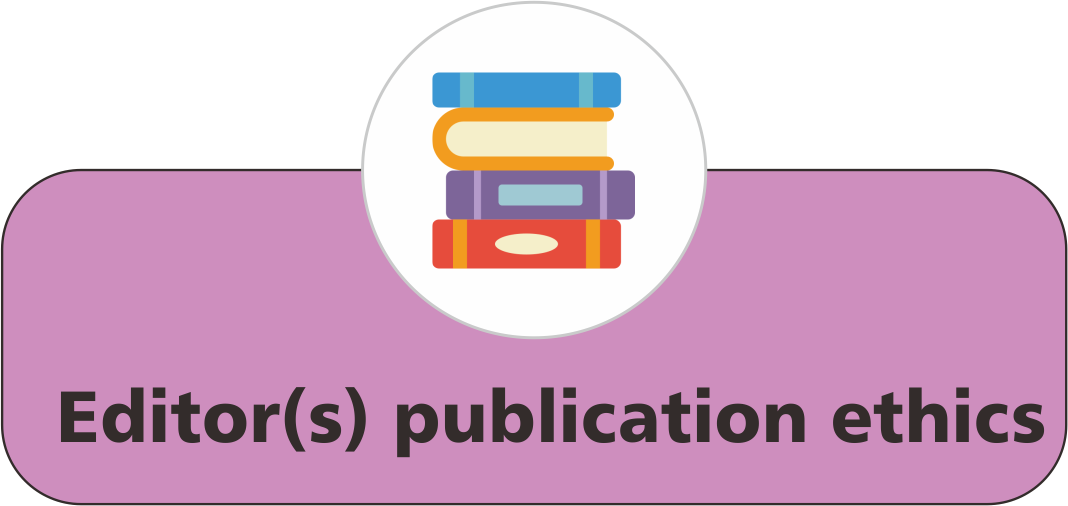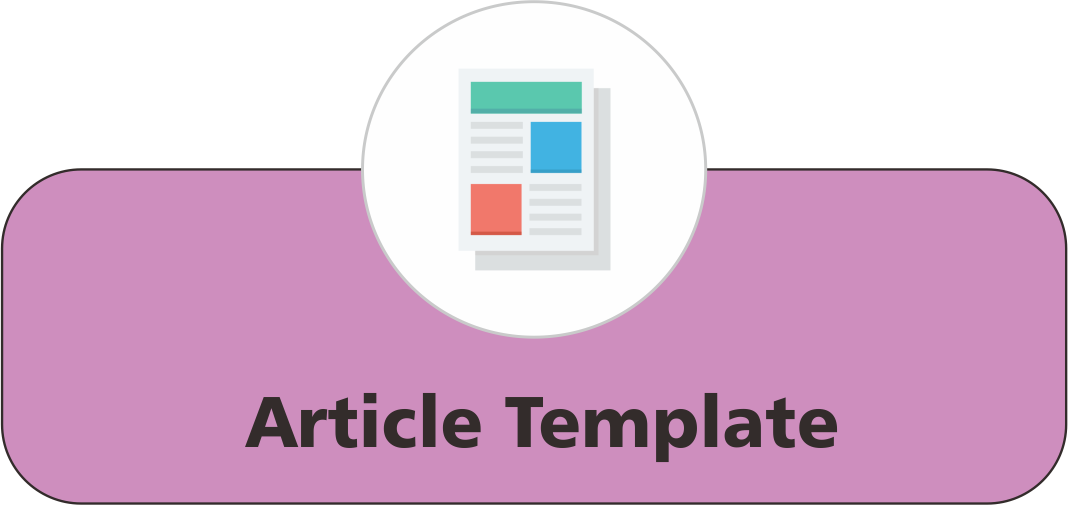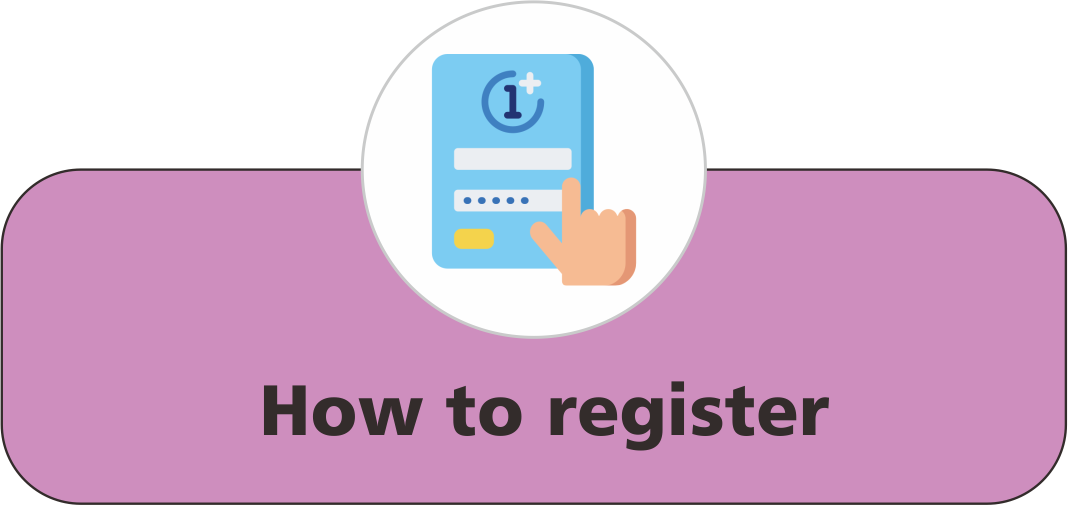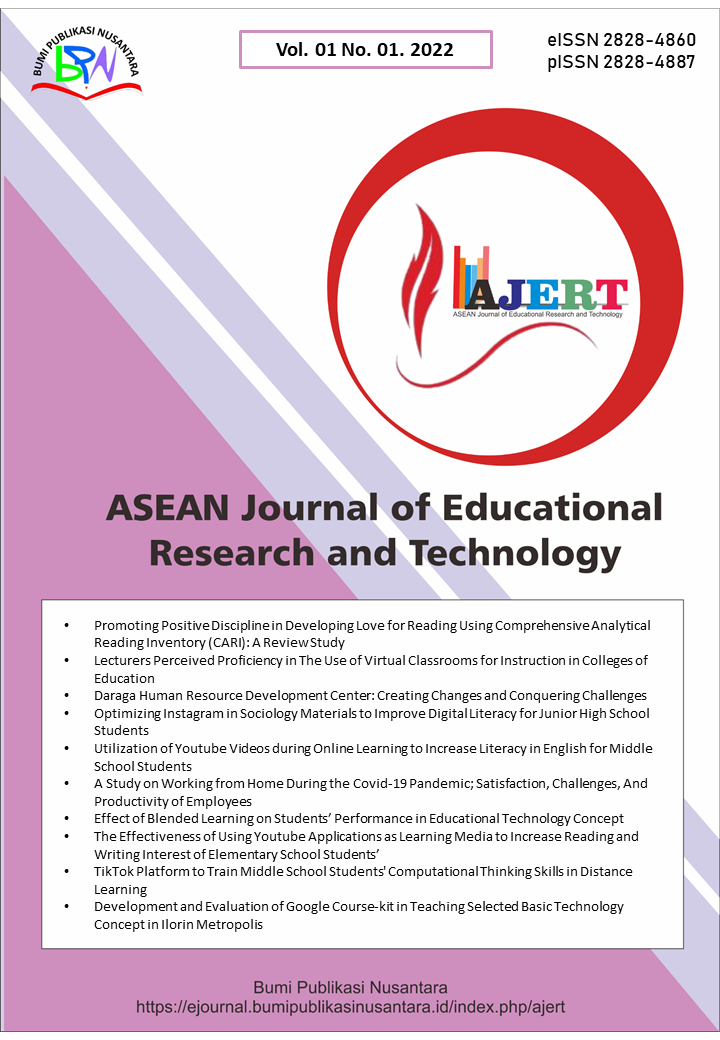The Impact of Movement Control Orders on Malaysian School Administrators during COVID-19
 ), Siti Ilyana Mohd Yusof(2),
), Siti Ilyana Mohd Yusof(2),
(1) National Institute of Educational Management and Leadership
(2) National Institute of Educational Management and Leadership
 Corresponding Author
Corresponding Author
Abstract
Keywords
References
Akhtar, H., and Azmi, I. A. G. (2017). Komunikasi Kepimpinan Berkesan: Effective Communication for Leaders. Jurnal Syariah, 25(3), 531-562.
Al-Alawi, A. I., Abdulmohsen, M., Al-Malki, F. M., and Mehrotra, A. (2019). Investigating the barriers to change management in public sector educational institutions. International Journal of Educational Management, 33(1), 112-148.
Ana, A. (2020). Trends in expert system development: A practicum content analysis in vocational education for over grow pandemic learning problems. Indonesian Journal of Science and Technology, 5(2), 246-260.
Azmy, S. N. M. S., Abdullah, N. H., and hadi Ayub, S. (2016). Language and Aspiration of the Students on Global Outlook: A Review Based on Malaysia Education Development Plan (2013-2025). International Journal of Applied Linguistics and English Literature, 5(6), 240-244.
Cosner, S. (2014). Cultivating collaborative data practices as a schoolwide improvement strategy: A phase-based model of school leadership supports. Journal of School Leadership, 24(4), 691-724.
Hallinger, P. (2018). Bringing context out of the shadows of leadership. Educational Management Administration and Leadership, 46(1), 5-24.
Kahn, M. J., Maurer, R., Wartman, S. A., and Sachs, B. P. (2014). A case for change: disruption in academic medicine. Academic Medicine, 89(9), 1216-1219.
Kilber, J., Barclay, A., and Ohmer, D. (2014). Seven tips for managing Generation Y. Journal of Management Policy and Practice, 15(4), 80.
Mansaray, H. E. (2019). The role of leadership style in organisational change management: a literature review. Journal of Human Resource Management, 7(1), 18-31.
Mulyanti, B., Purnama, W., and Pawinanto, R. E. (2020). Distance learning in vocational high schools during the covid-19 pandemic in West Java province, Indonesia. Indonesian Journal of Science and Technology, 5(2), 271-282.
Naseri, H. (2019). The Role of the Adventurer Manager in Order to Coordinate the Mind, Creativity and Change Management. International Journal for Modern Trends in Science and Technology, 5(04).
Ng, K. Y., Ang, S., and Chan, K. Y. (2008). Personality and leader effectiveness: a moderated mediation model of leadership self-efficacy, job demands, and job autonomy. Journal of Applied psychology, 93(4), 733.
Rodriguez, A., and Rodriguez, Y. (2015). Metaphors for today’s leadership: VUCA world, millennial and “Cloud Leaders”. Journal of Management Development, 34(7), 854–866.
Article Metrics
Abstract View : 1371 times
: 1371 times Download : 741 times
Download : 741 times
Refbacks
- There are currently no refbacks.
Copyright (c) 2022 Bumi Publikasi Nusantara

This work is licensed under a Creative Commons Attribution-ShareAlike 4.0 International License.

